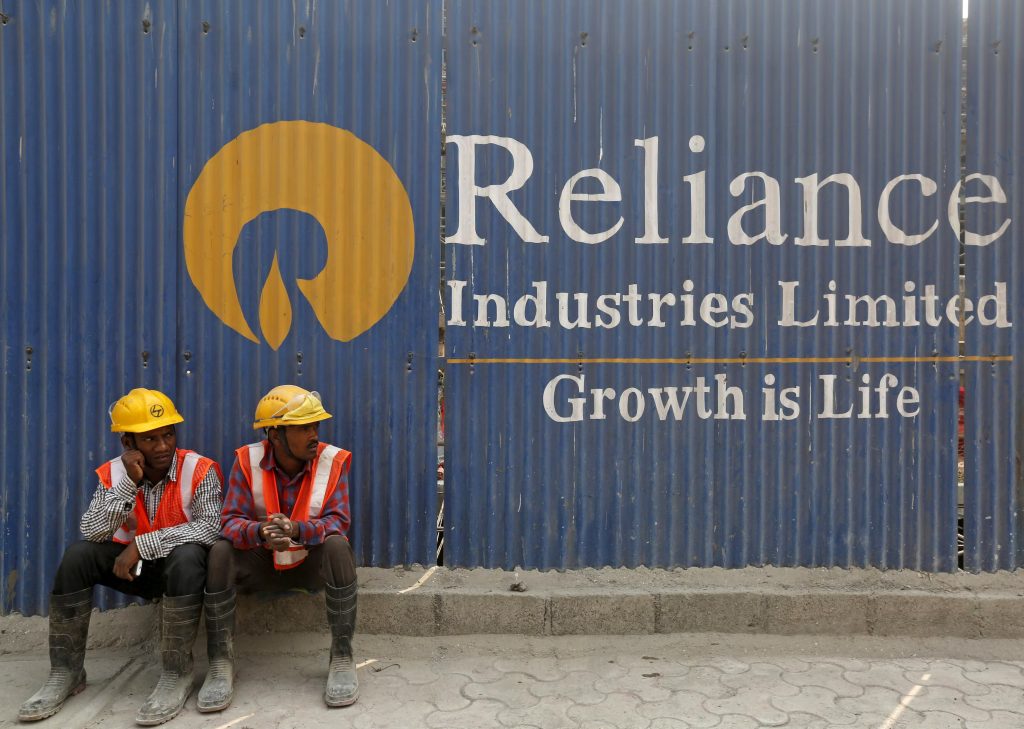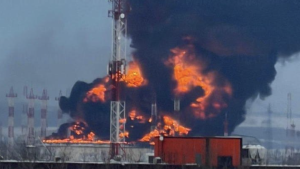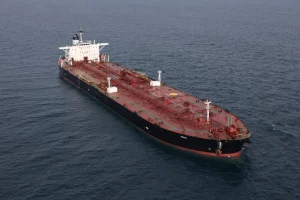The largest Indian buyer refuses from Russian oil

India’s largest buyer of Russian oil, Reliance Industries Ltd, plans to comply with Western sanctions against Russia.
This was said by the company spokesman said, enkorr reports.
Reliance Industries Ltd is controlled by billionaire Mukesh Ambani. The company operates the world’s largest oil refinery complex in Jamnagar in the western state of Gujarat. Reliance has a long-term agreement to buy almost 500,000 barrels of crude oil per day (bpd) from Russian oil giant Rosneft.
The EU had earlier said that starting January 21 it would not accept fuel produced by refineries that had received or processed oil from Russia within 60 days of the bill of lading.
Even before the latest Western sanctions against Russia were imposed, the Indian diesel producer was already feeling the effects of its cooperation with Russian suppliers. Ukraine has imposed a ban on imports of Indian fuel, which has recently been coming mainly from the Romanian port of Constanta, effective October 1.
“Supply contracts are changing in line with market and regulatory conditions. Reliance will take these changes into account while maintaining relationships with its suppliers,” a company spokesman said in a statement. The current contract with Rosneft was not mentioned in it.
The company noted that its diversified crude oil purchases would help it get around European sanctions. At the same time, it was not specified whether Reliance would stop purchasing Russian oil for its 1.4 million b/d refinery in Gujarat.
As a reminder, US President Donald Trump last Wednesday imposed blocking sanctions against Rosneft and Lukoil, Russia’s two largest oil companies, which account for half of the country’s production and every second barrel of exports. At the same time, the European Union, as part of the 19th package of sanctions, added another 117 tankers of the shadow fleet to the “blacklists”, increasing their total number to 558.
After that, Greek tanker companies, in particular, reduced their participation in the transportation of Russian oil.





